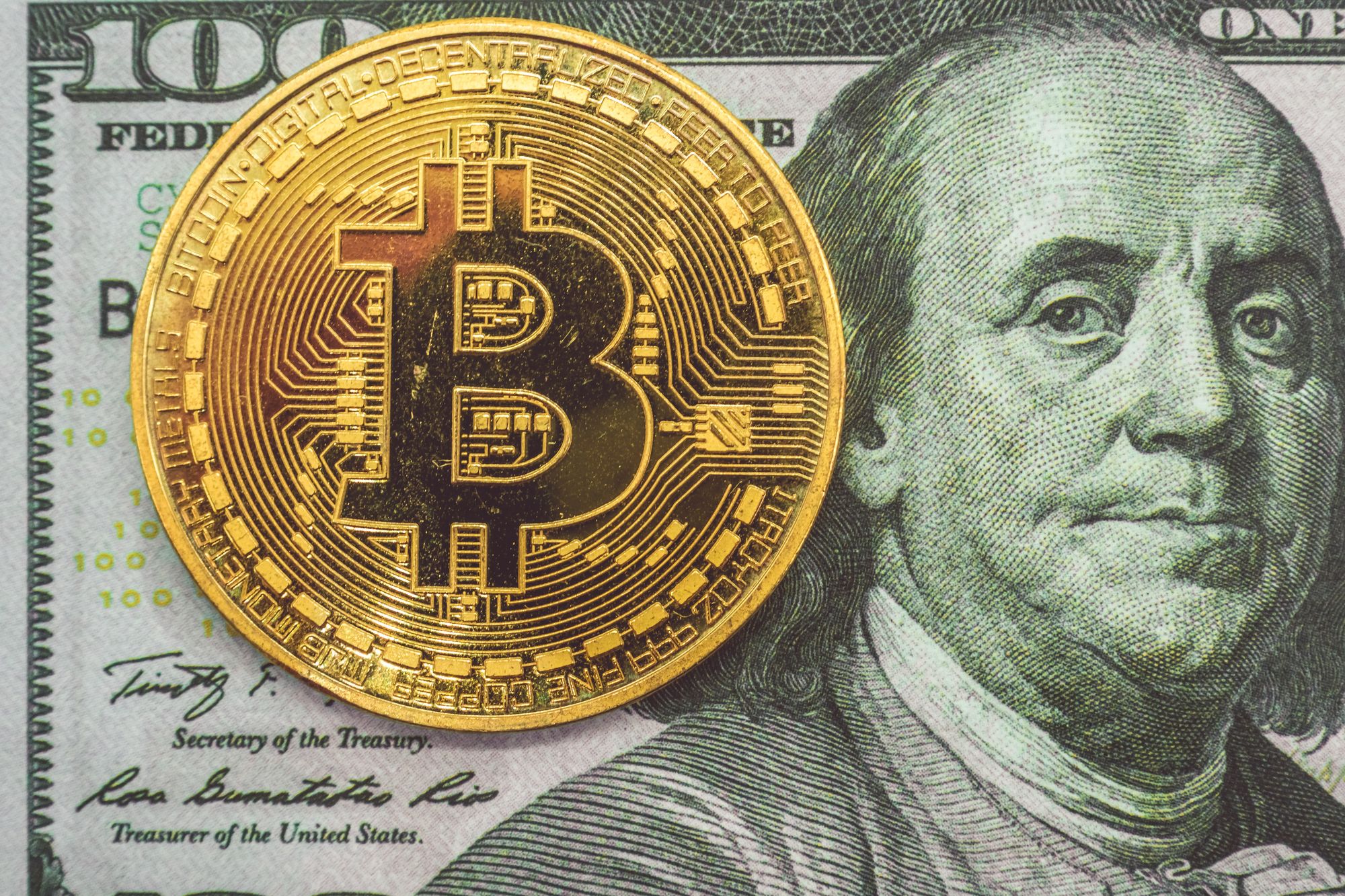Bitcoin markets continued to surge as indications of support from financial and regulatory agencies continued funneling in. In the past week, Bitcoin reached new all-time highs by market capitalization, although this event did not receive a lot of media attention. Additionally, Bitcoin is approaching all-time highs by unit price. This growth can largely be explained by positive statements from BlackRock and Visa. Unlike the price rise in 2017, demand seems to be primarily driven by institutional buyers instead of retail speculators.
- At the time of writing, Bitcoin’s market capitalization is around $345 billion, down slightly from Friday’s high of $351 billion. Although the price per Bitcoin is still ~7% below the highs set in late 2017, the ~11% increase in Bitcoin supply over this time period more than bridges the gap. Changes in Bitcoin supply will progressively decrease in relevance as the rate of Bitcoin mining continues to slow. JP Morgan, the largest US bank by market cap, now has a comparable valuation to Bitcoin, and is one of the most recent institutional investors warming up to Bitcoin’s use cases. JP Morgan recently launched a blockchain division to better understand and address the industry. Additionally, the company’s CEO, and longtime Bitcoin critic, Jamie Dimon, has been expanding services to Bitcoin companies since Q2 2020. Notably, the company is now offering banking services to companies in the space.
- Investment management company BlackRock looks poised to make waves in the Bitcoin market in the coming months. Chief Investment Officer, Rick Rieder, voiced his enthusiasm for Bitcoin during an interview with CNBC on Friday. Rieder called Bitcoin “a durable mechanism that … will take the place of gold to a large extent.” He went on to cite factors such as superior portability and positive sentiment among younger generations as evidence for this prediction. BlackRock has yet to allocate funds to Bitcoin directly as part of their investment strategy, although Rieder’s comments seem to pave the way for this move in the future. Currently, BlackRock only has limited exposure to Bitcoin through portfolio companies operating in the space, including a 15% stake in MicroStrategy. As the world’s largest asset manager with $7.3 trillion in AUM, it is hard to overstate BlackRock’s potential impact on Bitcoin markets should they choose to meaningfully support the currency.
- Visa CEO, Alfred Kelly, also expressed optimism around the role digital assets will play in global financial transactions. Kelly recognized that “crypto is a developing part of the payments world” and envisions a future with Bitcoin among the many fiat currencies that use Visa’s payments rails. Visa already has a partnership in place to allow users to spend digital assets the same way they use fiat currencies. Visa competitor, Mastercard, has a similar partnership in place with digital payments platform Wirex. Traditional payments companies are gaining comfort with the space as regulators acknowledge potential roles for Bitcoin in our economy. Outgoing SEC chairman, Jay Clayton, cited inefficiencies in existing payment systems as a primary factor in Bitcoin’s recent growth. He also reiterated the SEC’s intentions to treat Bitcoin as a payment mechanism, as opposed to a security, making it easier for traders to participate in the market.
Market Outlook
Bitcoin, up 158% since the start of the year, looks poised to overtake its 2017 price record in the near future, an achievement that is likely to garner attention from retail investors. Arguably of more economic importance is the new market capitalization record highs that Bitcoin set in recent days. The growth comes from institutional adoption, with several large financial institutions indicating they may join the Bitcoin network in a meaningful way soon.


